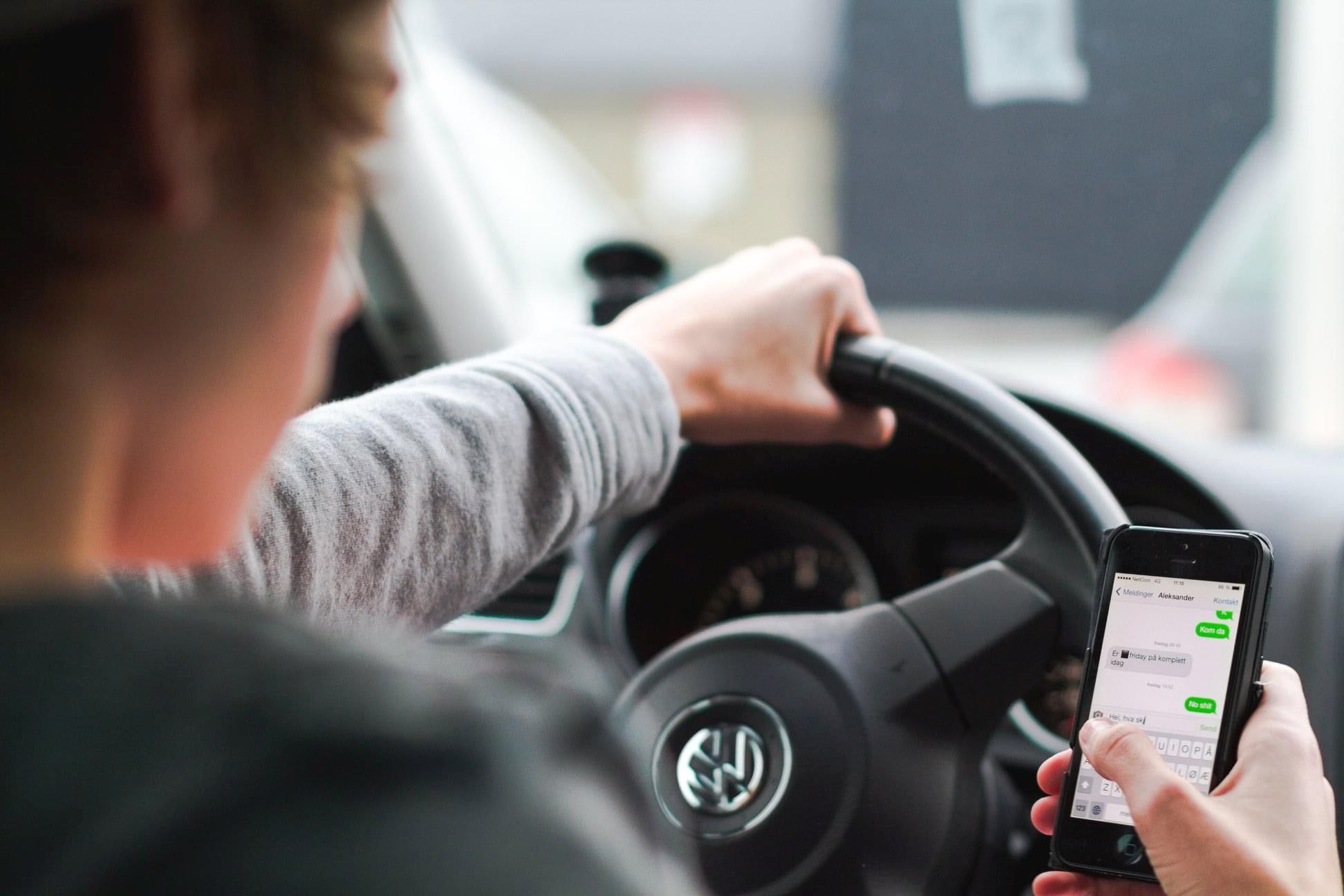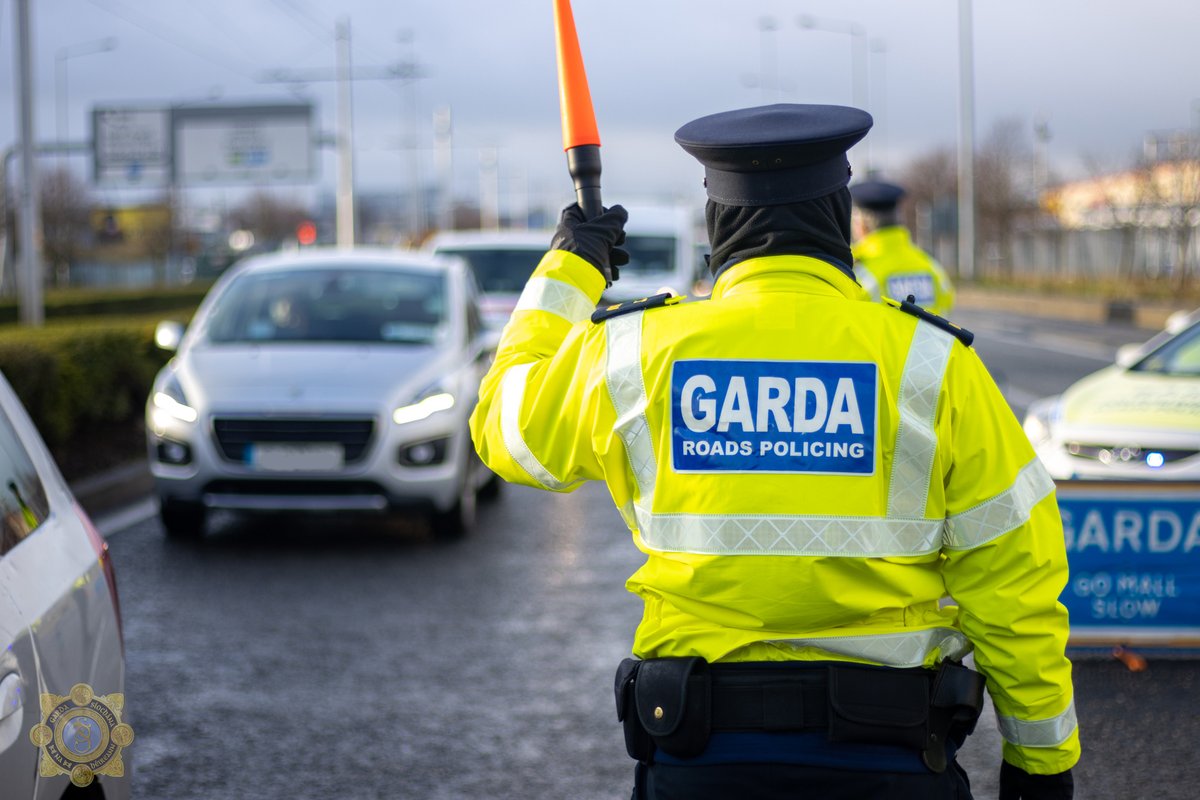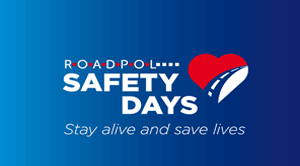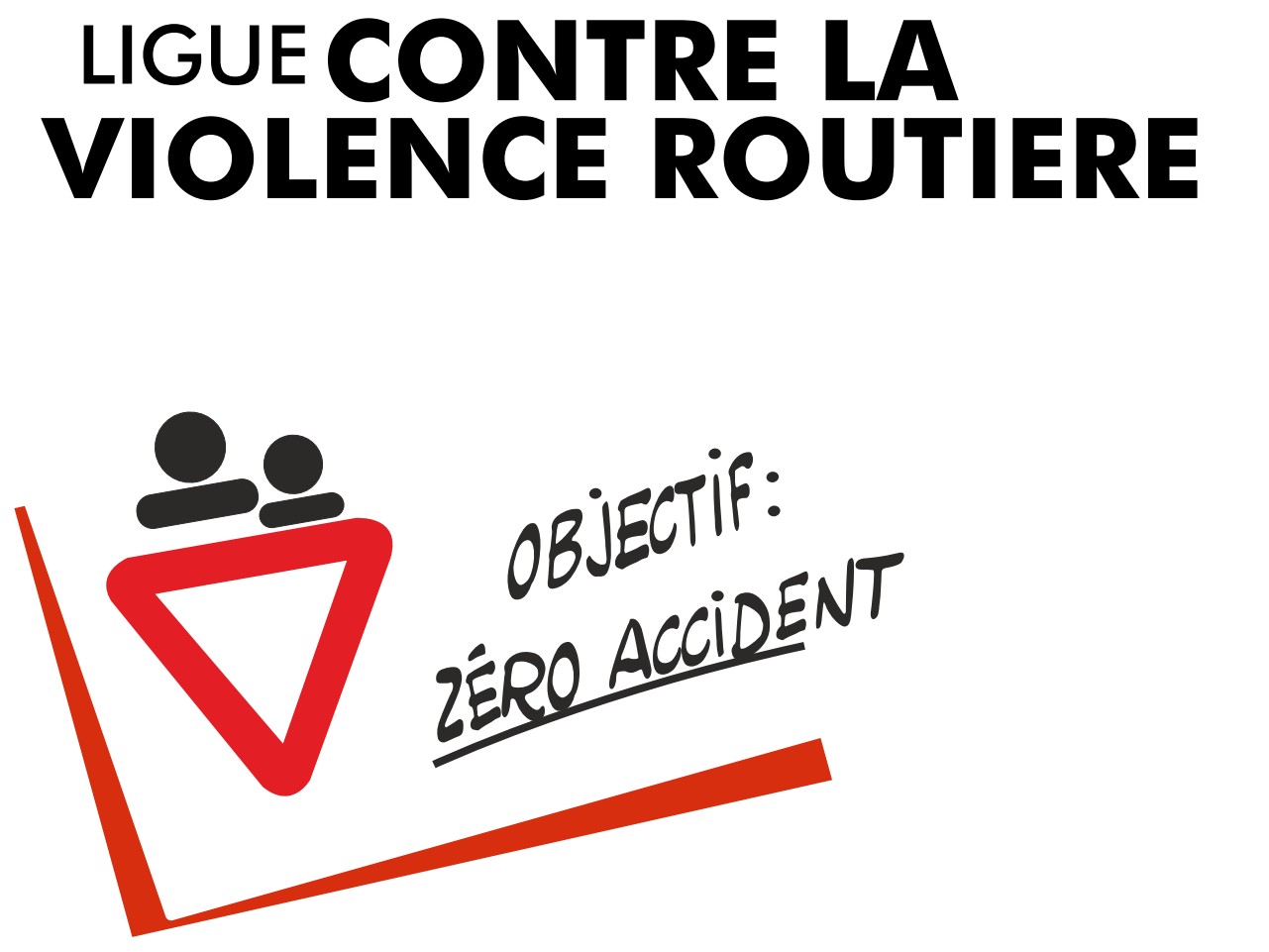One in Ten Admit To Regularly Texting While Driving
 PHOTO: POLITIET.NO1 in 10 motorists admit to regularly texting while driving, a new research from the Road Safety Authority (RSA) of Ireland show.
PHOTO: POLITIET.NO1 in 10 motorists admit to regularly texting while driving, a new research from the Road Safety Authority (RSA) of Ireland show.
The survey, focused on driver attitudes and behaviour, also revealed that 9% of motorists admit to driving and talking on a handheld mobile phone and 9% of motorists regularly check mobile apps while behind the wheel. Texting, using social media, or messaging increases the risk substantially- drivers spend up to 400% more time with their eyes off the road when text messaging than when not text messaging, RSA, a distinguished partner of ROADPOL Safety Days campaign, urges.
Research
“In today’s world, mobile phones demand more and more of our attention. Despite the warnings, the threat of penalty points, the constant reminders of the dangers, some people are still refusing to heed the message. And it is simple - put the phone away while driving and take extra care on the roads”, transport minister Hildegarde Naughton appeals. “If you take your eyes off the road for just one second, a car moving at 50km/h will travel 14 metres - that’s approximately four car lengths. That is 14 metres where a driver is not paying attention to the road. If you know someone is driving, avoid phoning them, it can wait until later. We are asking motorists to get into the habit of putting the phone away before setting off on a journey – either turn your mobile phone off, switch it to airplane mode, put it on silent or simply put it out of sight", RSA Chief Executive Sam Waide adds.
Risk
Any interaction with a mobile phone while driving is dangerous behaviour that affects your ability to drive safely and puts the user and others at risk, RSA warns. The risk of a collision when using a mobile phone was four times higher than the risk when a mobile telephone was not being used, the agency informs citing Redelemeir & Tibshirani, 1997, study. The results of the study also indicate that hands-free phones offer no safety advantage over handheld units. The mobile phone distracts drivers in two ways: it causes physical distraction and cognitive distraction. Physical distraction occurs when drivers have to simultaneously operate their mobile phone (i.e. reach, dial, hold) and operate their vehicle. Cognitive distraction occurs when a driver has to divert part of his/her attention from driving to a telephone conversation or other smart phone function. However, the ability to divide one’s attention between two simultaneous tasks is limited.
 PHOTO: GARDA.IESanctions
PHOTO: GARDA.IESanctions
"Last year, An Garda Síochána (ed. Irish Police) issued 24.474 Fixed Charged Notices to drivers for using a mobile phone while driving. If you are detected driving with a phone in your hand, or cradled in the crook of your neck, you face a fixed charged notice of €60 and 3 penalty points on your driving licence. If you accumulate 12 penalty points (7 for novice and learner drivers) you will be disqualified from driving for 6 months. If you choose not to pay the fixed charge and are then subsequently convicted in court, you’ll face five penalty points and a fine of up to €2,000. The message here is simple – when you’re behind the wheel of a car, your only focus should be your driving, and certainly not your mobile phone", Inspector Ian O’Callaghan of Cork West Divisional Roads Policing Unit informs.
To date in 2021, more than 40 people have died on Irish roads.











